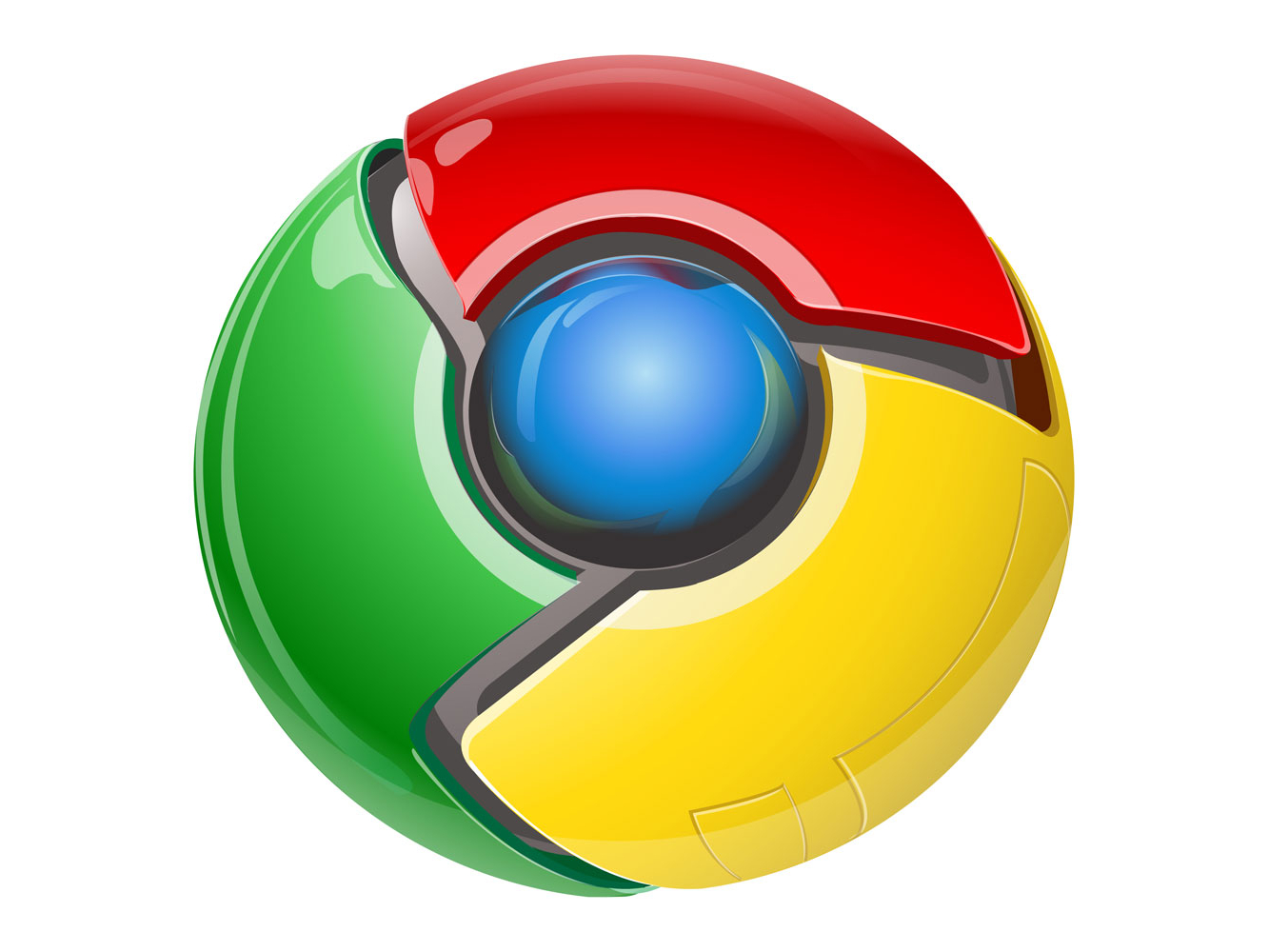Google Adding Bluetooth Support, More to Packaged Apps
Google is integrating ever so slowly into every operating system.

Google expanded on its strategy to turn connected laptops and desktops into pseudo Chromebooks with the latest Chrome Dev channel release. The Chromium Blog said that the team has added access to several Google services such as Google Analytics, Google APIs and Google Wallet, and built-in support for Bluetooth and other hardware in packaged apps.
"The Bluetooth API, based on the 4.0 specification, allows packaged apps to connect to Bluetooth devices such as smartphones and headsets," the blog stated. "The API's Low Energy support allows Chrome packaged apps to automatically sync data from low energy health devices like fitness trackers and heart rate sensors."
Packaged apps are Chrome apps that are able to exist outside the browser environment. They look and feel native to the operating system even though they're based on HTML5, JavaScript, and CSS – there is no address bar, tab strip or other browser interface elements. And due to their web-based roots, they're lighter than standard Windows-based applications and don't typically install directly into the system itself.
"Packaged app pages always load locally. This allows apps to be less dependent on the network," Google explains. "Once a user installs an app, they have full control over the app's lifecycle. Apps open and close quickly, and the system can shut apps down at any time to improve performance. Users can fully uninstall apps."
Monday's blog reports that the new Dev channel release uses the Identity API which allows packaged apps to authenticate users securely using OAuth 2.0 without the user having to provide a username and password directly to the app. It also uses the In App Payments API which allows developers to sell digital and virtual goods in a packaged app. This API is built on the Google Wallet for digital goods platform.
The new Dev channel release also uses the Analytics API to make it easy for packaged app developers to collect user engagement data from their applications, and the Media Gallery API which allows packaged apps to read music, videos and images from the local disk with user consent. There's also the Native Messaging API which allows Chrome packaged apps to communicate with native binaries that drive consumer electronics such as motion sensors or scanners.
"During this preview period, packaged apps are available to Chrome Dev channel users in the Chrome Web Store," the blog reads. "We've already seen lots of interesting packaged apps uploaded, and we look forward to seeing developers take advantage of these powerful new capabilities."
Sign up to get the BEST of Tom's Guide direct to your inbox.
Get instant access to breaking news, the hottest reviews, great deals and helpful tips.
Users of the "Dev" build of Chrome have been able to view and download packaged apps from the Chrome Web Store since May. When using the Chrome "launcher" installed on the taskbar, these apps do not have the little arrow in the shortcut icon, meaning they won't launch within a browser window, but launch as a stand-alone program as if installed directly to the OS.
Currently there is a growing number of packaged apps available including Cut The Rope, GrooveShark JukeBox, WeatherBug, JSTorrent and more. These are pushed into the Apps category whereas everything else that's not packaged is listed under Websites and Extensions.
Kevin started taking PCs apart in the 90s when Quake was on the way and his PC lacked the required components. Since then, he’s loved all things PC-related and cool gadgets ranging from the New Nintendo 3DS to Android tablets. He is currently a contributor at Digital Trends, writing about everything from computers to how-to content on Windows and Macs to reviews of the latest laptops from HP, Dell, Lenovo, and more.
